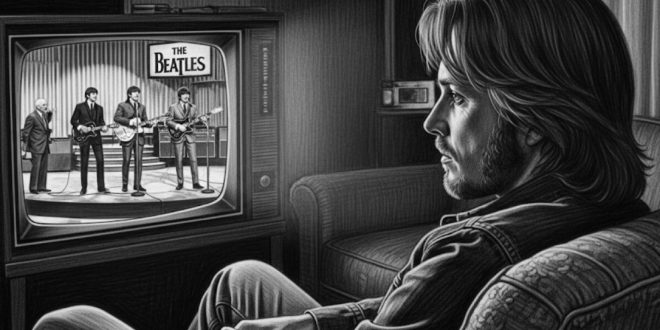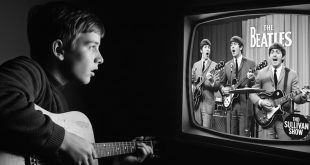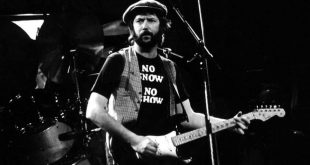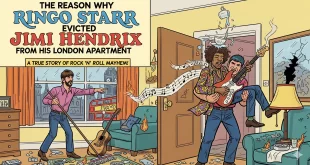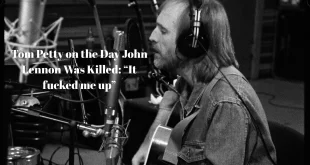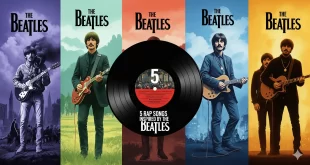Listening to the Eagles always feels like stepping into the warmth of California sunshine. With classics like Take It Easy, Hotel California, and Desperado, the band has secured their place as one of the most influential acts in American rock history. But what many fans may not realize is that Don Henley, the band’s legendary drummer and vocalist, might never have pursued music at all if it weren’t for one groundbreaking television performance that shook America to its core.
For Henley, the spark came not from his Texas country roots, but from the unforgettable night The Beatles appeared on The Ed Sullivan Show in 1964—a moment that he would later describe as “a bolt of lightning” that changed the trajectory of his entire life.
Don Henley’s Early Influences
Growing up in Linden, Texas, Henley was surrounded by traditional country and folk sounds. He spent countless nights tuning into radio stations that broadcast the Grand Ole Opry, absorbing the twang of classic Americana. But while country dominated the airwaves, rock and roll was beginning to take hold of American youth culture.
Henley was first captivated by Elvis Presley, whose rockabilly energy and rebellious stage presence broke down cultural barriers. Presley’s style—part rhythm & blues, part country—planted the first seeds of Henley’s fascination with rock music.
The Beatles’ Arrival in America
Although Elvis opened the door, it was The Beatles who kicked it wide open. When John Lennon, Paul McCartney, George Harrison, and Ringo Starr made their American television debut on The Ed Sullivan Show, over 70 million viewers tuned in. For young musicians across the country, it was nothing short of a revelation.
Henley vividly recalled watching that broadcast, saying:
“One of my greatest experiences was seeing The Beatles on Ed Sullivan. It was like a bolt of lightning. It had an impact that would last a lifetime. It had a huge impact on me, and it had a huge impact on Glenn [Frey] too, even though we didn’t know each other at the time.”
That moment crystallized Henley’s desire to form a rock band of his own.
From Shiloh to the Eagles
Henley quickly formed his first group, Shiloh, recording demos and eventually connecting with country legend Kenny Rogers, who helped secure their first recording contract. While Shiloh never reached mainstream success, Henley’s determination and talent caught the attention of Linda Ronstadt, leading him to join her touring band.
It was during this time that Henley met Detroit-born guitarist Glenn Frey. Their musical chemistry was immediate, and soon after, the two decided to step out on their own. Alongside Bernie Leadon and Randy Meisner, they formed The Eagles in 1971.
The Beatles’ Lasting Influence on the Eagles
Henley’s early Beatles-inspired songwriting can be heard in tracks like Desperado and Witchy Woman, which echo Paul McCartney’s melodic sensitivity and John Lennon’s lyrical depth. Although rooted in Americana and country-rock, The Eagles’ catalog carries shades of British invasion harmonies and pop structures.
Over the next decade, the band became one of the best-selling acts in history, with Their Greatest Hits (1971–1975) becoming one of the top-selling albums of all time—standing shoulder to shoulder with The Beatles themselves in global sales.
Why That One Performance Still Matters
For Henley, seeing The Beatles on Ed Sullivan was more than just entertainment; it was a call to destiny. Without that night, the Eagles may never have existed, and rock history would be missing one of its most defining chapters.
Today, the story serves as a reminder of how a single cultural moment can ignite generations of musicians, shaping the soundtracks of millions of lives.
